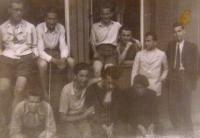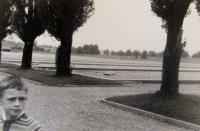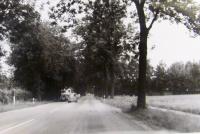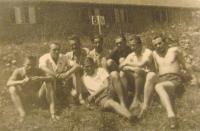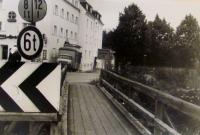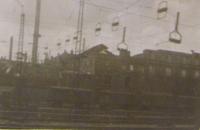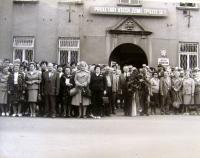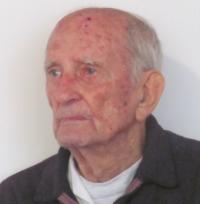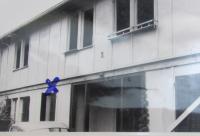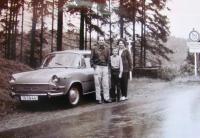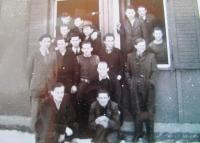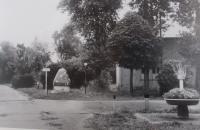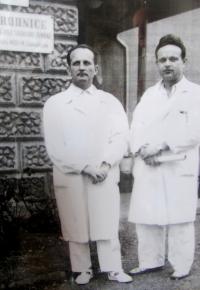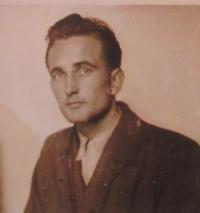To work, work, work

Download image
Miloš Chmelíček was born on May 28, 1924 in Nárameč in the Třebíč district. He grew up in a family with four children. His father served in the Czechoslovak police. Due to his job transfer the family had to relocate to Carpathian Ruthenia, where their father died shortly after. The Chmelíček family suffered another blow on March 15, 1939 when the Nazi Germany occupied Czechoslovakia. With Hitler’s permission, Hungarians forcibly returned to Carpathian Ruthenia. It was only after great difficulties that the Chmelíček family managed to return to the Protectorate Bohemia and Moravia. After graduation from grammar school in Třebíč in 1943 Miloš was sent to do forced labour (Totaleinsatz). At first he worked in Třebíč and from January 1944 in Munich, where he also experienced the most devastating bombing of the city. After the war he focused on the study of medicine. Due to the poverty which he had witnessed in Carpathian Ruthenia as well as in the Třebíč region, he sympathized with the political left and in spite of certain disillusion from the actions of the political regime after 1948 he remained a loyal member of the Communist Party. He devoted his entire life to the medical profession. He deserves special credit for the development of the hospital in Třebíč. In the 1970s he was awarded a state decoration for merit, and for his lifelong activities he also received an award from the city of Třebíč in 2014 and from the Vvsočina Region two years later.
